Politics
EESC proposes concrete recommendations for building a resilient and sustainable food system for the future
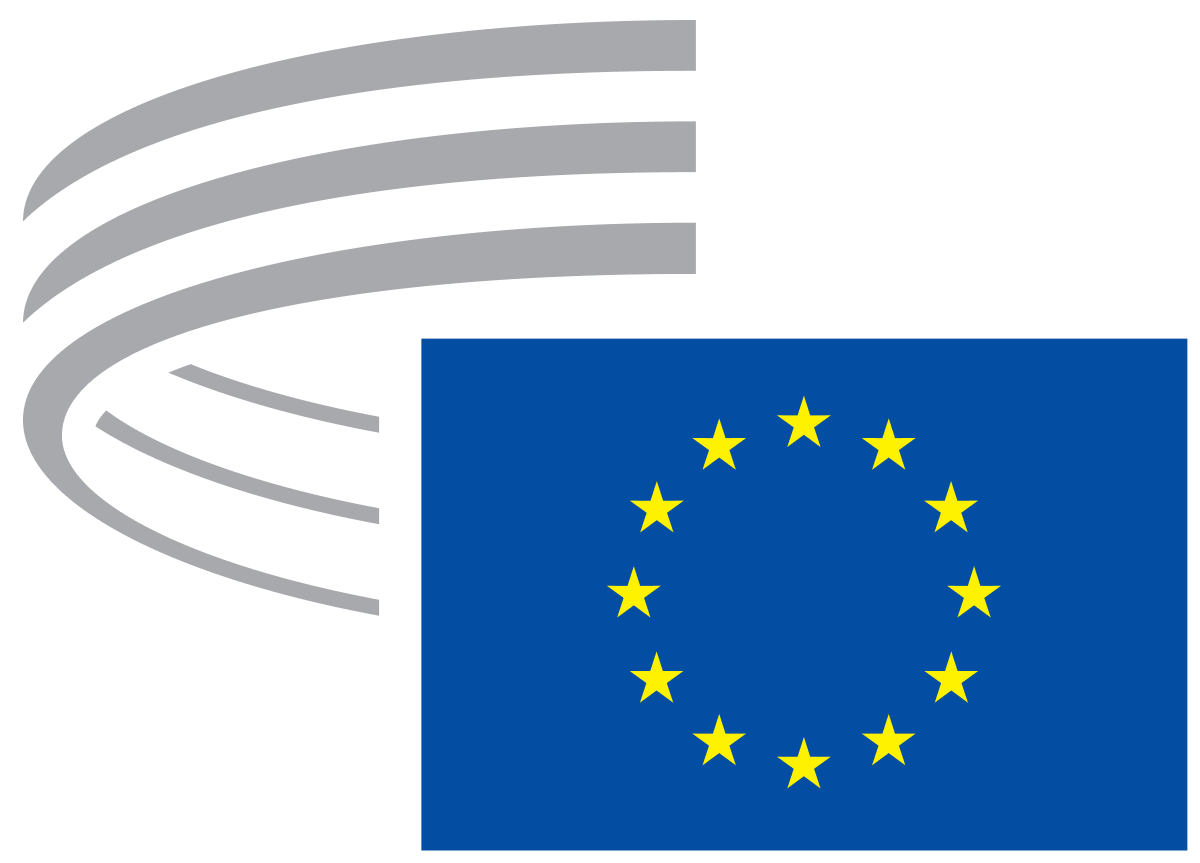
The European Economic and Social Committee (EESC) has laid out a bold vision for transforming the EU’s agriculture, fisheries, and food systems to better withstand crises while ensuring sustainability. The opinion “Fostering sustainable and resilient food systems in times of crisis,” requested by the Hungarian presidency, was adopted at the October plenary. By focusing on food security, fair income for producers, environmental resilience, and the next generation of food producers, these proposals offer a clear path for the EU to build a food system that not only survives continuous challenges and crisis but thrives in the long term.
The EESC envisions a food system that is competitive, crisis-proof, and aligned with EU environmental and social objectives. “Ensuring stable, sustainable incomes for producers is essential, as is fostering a knowledge-based food policy that encourages innovation” said Arnold Puech d’Alissac, President of the World Farmers Organisation and one of the three rapporteurs of the opinion. To support this vision, the EESC calls for a new policy model to strengthen the farming sector’s bargaining position in the food chain when it comes to price negotiations as well as an increase in the budget for adequate financing of EU agriculture and fisheries.
EESC insists that future trade agreements should incorporate the Green Deal and Farm to Fork standards to ensure fair competition and maintain high food quality, aligning global trade with the EU’s sustainability goals.
“Ensuring fair income for primary producers is critical,” noted Piroska Kállay, rapporteur from Hungary. ”We need to see farmers as part of the solution and not part of the problem”, she added. Stricter enforcement of unfair trading practices and the standardization of their enforcement at the EU level as well as the introduction of a ban on below-cost selling, are necessary steps to rebalance power in the food supply chain.
To sustain the food system for future generations, the EESC advocates for policies that promote generational renewal, particularly targeting young people and women. This includes education, training, and support for cooperatives and community-assisted agriculture, which build resilience by distributing economic risks and benefits more equitably among producers.
The EESC also recommends rewarding carbon sequestration efforts in agriculture, such as sustainable soil management, while implementing policies to prevent carbon leakage. ”These measures would help align food production with the EU’s climate targets and global environmental commitments,” said Joe Healy, rapporteur from Ireland.
In response to the growing threat of climate-related disasters, the EESC proposes an EU-wide system of public insurance, backed by public investment, to protect producers from natural disasters like floods or crop failures, ensuring continuity in food supply.
Sustainable management of soil and water is essential for long-term productivity. The EESC urges policies that regenerate and restore soil health, increase water efficiency and reduce water usage, —critical steps in maintaining resilience against climate pressures.
Additionally, the EESC calls for reducing red tape throughout the food chain to streamline processes and increase transparency. Regulating trade flows and establishing a digitized data center for price and cost tracking will help avoid market disruptions and enhance transparency in food supply chains.
Finally, the EESC reiterates its previous proposals for establishing a European Food Policy Council (EFPC) to strengthen dialogue on food-related issues. This platform would bring together diverse stakeholders to align food policy with broader social and environmental objectives, ensuring a cohesive approach to the EU’s food systems. The EESC notes with satisfaction the similar proposal in the report of the strategic dialogue on the future of EU agriculture.
The EESC’s proposals provide a comprehensive roadmap for strengthening the EU’s food systems, making them more resilient, sustainable, and equitable in the face of growing global challenge. (ks)
Politics
EUDA welcomes Belgian National Drug Commissioner
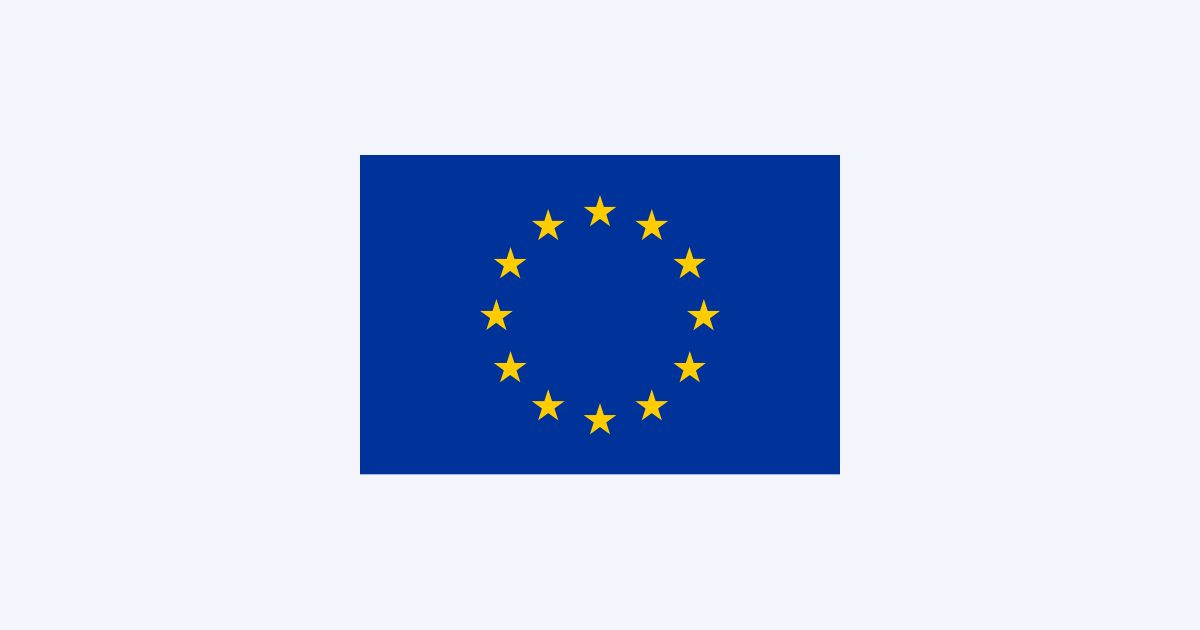
This week, the EUDA hosted the Belgian National Drug Commissioner, Ine Van Wymersch, during her two-day visit to Lisbon. Ms Van Wymersch was accompanied by Deputy Commissioner Fabien Gerard and other members of the Belgian National Drug Commission.
During the visit, on 3 June, the delegation received an in-depth overview of the agency’s work. EUDA Executive Director Alexis Goosdeel presented the agency’s new mandate and its current state of implementation. EUDA experts followed, with briefings on key areas of the agency’s activity, including drug markets, crime and precursors, prison-related…
Source link
Politics
eu-LISA Industry Roundtable June 2025 – Registration Now Closed

Building Better Government Software at Scale – Agile, DevSecOps and Software Factories
The next edition of the Industry Roundtable, titled ‘Building Better Government Software at Scale – Agile, DevSecOps and Software Factories’, will take place on 11-12 June 2025 in Warsaw, Poland, under the patronage of the Polish Presidency of the Council of the EU. The event will be organised in a hybrid format allowing for in-person and online participation. This iteration will focus on the benefits that new technology trends such as Software Factories – built upon the principles of Agile approaches and DevSecOps methodologies – can bring to the EU public sector organisations (both at MS and EU levels). The event will also feature presentations and discussions on new technological solutions that can help to achieve those benefits while addressing some of the pending challenges.
EU institutions are increasingly relying on digital solutions, which are often complex and require significant investment in IT and software development. To meet the fast pace of delivery, public sector authorities are adopting cutting-edge methodologies like Agile, DevSecOps, and Software Factories, as well as technologies such as cloud computing, automation, and AI.
Registrations for the eu-LISA Industry Roundtable are now closed.
Agile methodologies
Agile methodologies provide a structured yet flexible approach to managing complex IT projects, enabling institutions to deliver services and applications faster while adapting to evolving needs. Agile allows public institutions to prioritise user-centric development, iteratively improving systems to meet high standards of accessibility and inclusivity. Furthermore, Agile fosters collaboration across departments, breaking down silos and ensuring that IT projects align with broader organizational goals. For EU institutions managing diverse and cross-border initiatives, this collaborative and adaptive framework is essential for driving cohesion and innovation.
DevSecOps
DevSecOps integrates software development and IT operations and further strengthens security and data protection by design, integrating security and data protection into every phase of the software development lifecycle, a critical need in today’s heightened cybersecurity landscape. As EU public sector institutions handle vast amounts of sensitive data, embedding security and data protection by design, reduces vulnerabilities and enhances compliance with regulations like the General Data Protection Regulation (GDPR), EUDPR, Regulation for Cybersecurity of EU Institutions or the NIS2 Directive.
Software Factories
Coupled with the concept of Software Factories — highly automated environments for rapid and scalable software development — these methodologies provide EU institutions with the ability to respond swiftly to new legislative mandates, security threats, or societal challenges. The Software Factory approach is also a powerful tool that can be used by public institutions to become more independent in their software design and development, and less reliant on outsourcing to external contractors for the fulfilment of IT projects. The increased level of IT self-sufficiency and technical ownership brought by the implementation of Software Factories can be key to improve performance in areas such as:
- Improved control over the products and systems offered which, in turn, will result in faster and more economically efficient ways to adapt such services to changing demands and regulations,
- Better management and more efficient use of resources (both human and financial),
- Lowering of potential risks related to guaranteeing long-term services (e.g., vendor lock-in situations, market discontinuity of products), and
- Shorter time-to-market.
Together, Agile, DevSecOps, and Software Factories, combined as well with other innovative IT practices such as cloud computing or AI-based tools, empower public institutions to build secure, efficient, and citizen-focused digital ecosystems while fostering trust and resilience across the Union.
About the Industry Roundtable
The eu-LISA Industry Roundtable is a collaborative platform that convenes representatives from the industry, Member States’ authorities, and EU institutions to facilitate an open dialogue on the latest technological advancements and innovations in the migration and home affairs domain. This forum enables eu-LISA stakeholders to share knowledge, exchange best practices, and discuss the potential applications and implications of emerging technologies, such as artificial intelligence, biometrics, and data analytics, in supporting the Agency’s mission to manage EU’s large-scale IT systems for migration, asylum, and border management. By fostering a spirit of cooperation and information-sharing, the eu-LISA Industry Roundtable helps to identify opportunities, address challenges, and shape the future of technology-enabled solutions in the field of migration and home affairs.
Source link
Politics
Joint Statement by EU High Representative Kaja Kallas and Chile’s Minister of Foreign Affairs Alberto van Klaveren on the provisional application of the EU-Chile Advanced Framework Agreement
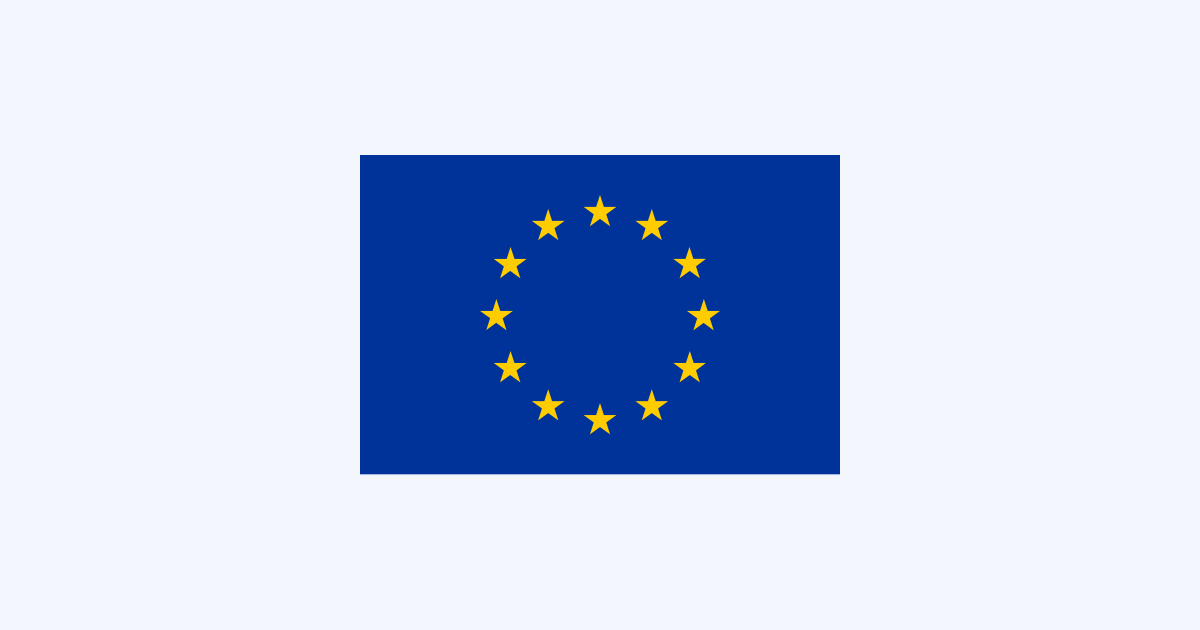
DISCLAIMER OPINIONS: The opinions of the authors or reproduced in the articles are the ones of those stating them and it is their own responsibility. Should you find any incorrections you can always contact the newsdesk to seek a correction or right of replay.
DISCLAIMER TRANSLATIONS: All articles in this site are published in English. The translated versions are done through an automated process known as neural translations. If in doubt, always refer to the original article. Thank you for understanding.
DISCLAIMER PHOTOS: We mostly used photos images that are readily available online, from free sources, or from the people promoting the news. If by any chance it happens that we have used one of your copyrighted photos, please do not hesitate to contact us and we will take it down without question. We do not make profits as this is a not for profit project to give voice to the voiceless while giving them a platform to be informed also of general news, and it is completely free.
-
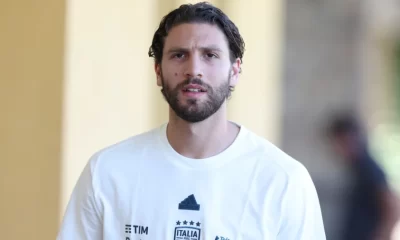
 Sports7 days ago
Sports7 days agoManuel Locatelli forced to leave Italy's training camp
-

 Sports7 days ago
Sports7 days agoRepublic Day to remember for Team Calcagni: Alessandro Patrono also triumphs
-

 Sports7 days ago
Sports7 days agoRoland Garros, Alexander Bublik sends clear message to Jannik Sinner and Andrey Rublev
-
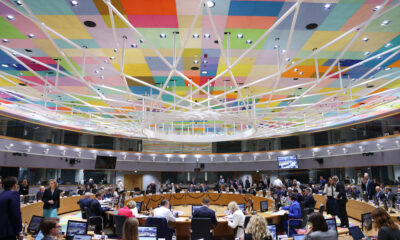
 Politics6 days ago
Politics6 days agoEU Launches Landmark €150 Billion Defence Initiative to Bolster Security and Deterrence
-

 Politics6 days ago
Politics6 days agoEU Turns Its Gaze on the Porn Giants: Brussels Launches Landmark Investigation to Shield Minors Online
-

 Politics6 days ago
Politics6 days agoEyes in the Sky: Europe Doubles Down on Satellite Data to Safeguard the Future
-
Travel7 days ago
Ibiza caps tourist cars this summer: Here’s what you need to know before you travel
-
Travel6 days ago
Flying to the UK next year? New airspace design promises quicker journeys and fewer delays









